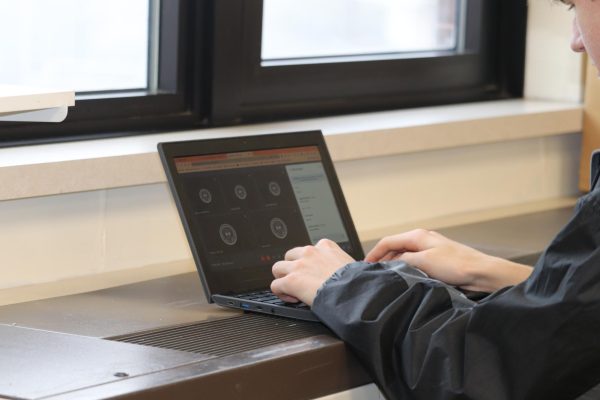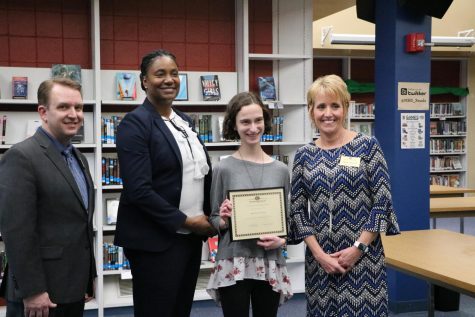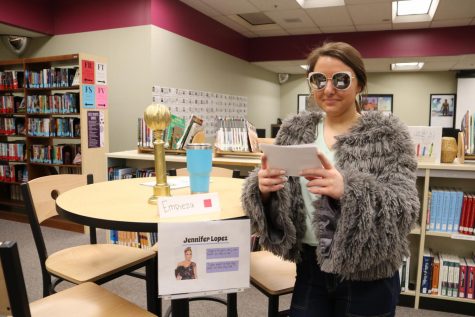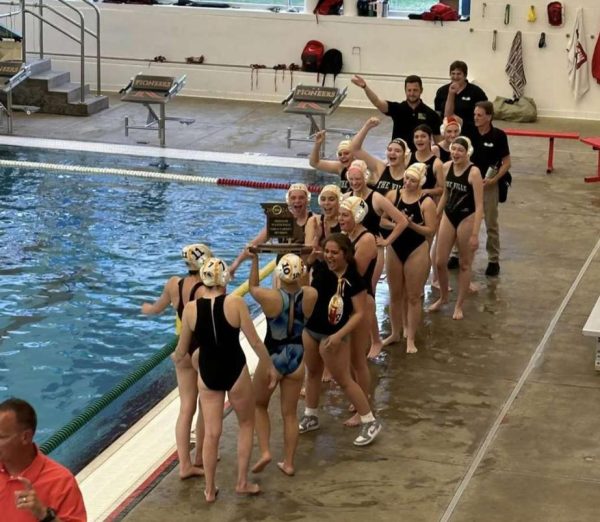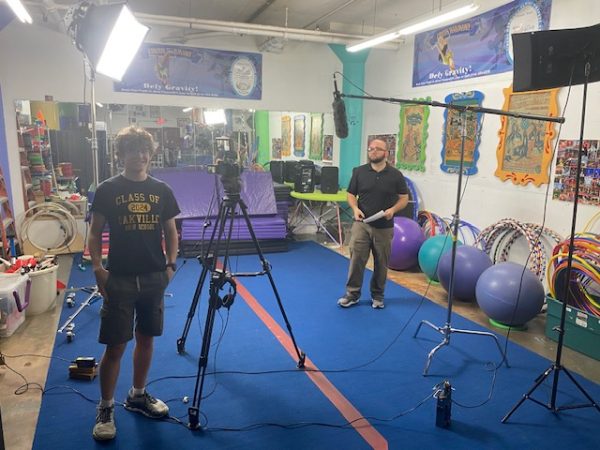No stress studying
Have you ever heard “Wait, we have a test?!” Most likely that person did not use good study skills. If a student follows these study skills, this situation should not happen as frequently.
Multiple skills and advice has been gathered from our guidance counselors and some comments by our principals.
In the 2012 school year, Mrs. Krysl’s English 1 class was given laptops for the students. The 2013 school year gave out laptops to some sophomores and all freshmen. This school year OHS gave out a greater opportunity for all freshmen, sophomores and some juniors were given laptops. This privilege also gave students ability to use the laptops for other classes. These laptops now give students a larger ability to succeed in their study skills. Students are able to easily access notes and worksheets from teachers. With the handy laptops helping students with study skills there are also other tips that come into play.
-
Use a planner- when you organize your homework-projects and studying time, you can plan your social life around these so you do not have to hurry to get work done in a timely manner.
-
Outside help- If you do not understand something that was assigned for homework or if you are not able to grasp a new concept, get some help from a tutor or a knowledgeable friend. There is a tutoring session scheduled to meet four days after school for different subjects. Check the graph below to see what days help is available in certain subjects. You can also go to your teacher during your Academic Networking Period (ANP).
*Tutoring is offered Monday thru Thursday. Math tutoring is on Monday and Tuesday, science tutoring is Tuesday and Thursday, and foreign language and English tutoring is available on Wednesday
3.Be prepared and organized- keeping all of your notes and study guides together will help you to not have to spend extra time looking for them. Use a binder with tabbed dividers.
4.Take notes in class- write clearly when taking notes and also highlight or underline important things to study along with definitions. Make personal notes to yourself so that you may understand something better.
-
Note cards- write down definitions, dates, names of important people, equations, etc. so that you can focus on the main points and easily quiz yourself.
-
Before the big day- before your test you should have a good night’s sleep and a healthy breakfast; this way, your mind will not be distracted by trying to stay awake and concentrate on your test.
-
Write, write, write- For studying dates and facts rewriting helps some students remember what they need to learn.
-
Understand what you are learning- If you do not understand what is being taught in class, you need to ask questions during that period, before or after school.
-
Equations and such, it’s just too much!- Make acronyms or rhymes to remember equations, presidents’ names, or dates. Chant it with a song. Everybody remembers the quadratic function when played with the song “Pop Goes the Weasel”.
-
Somewhere over my paper…- It is a rainbow! Color coat your notes or maps and highlight vocab so that these important phrases will stand out to you and help you remember more. It will also make it easier to find certain phrases or bullet points.


